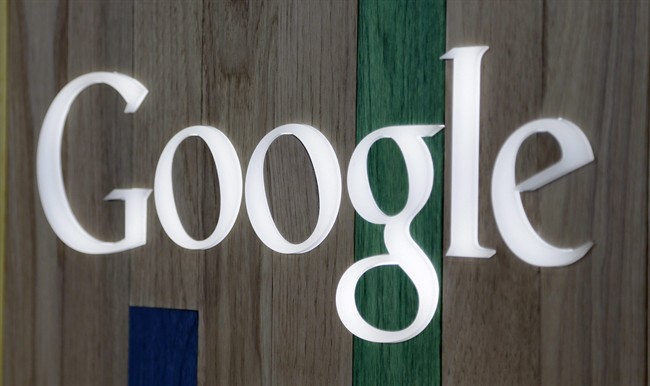TORONTO – Google has been inundated with requests to remove users’ data following a European court decision requiring the search engine giant to scrub its search results clean of any embarrassing results.

According to a Reuters report citing people familiar with the matter, Google has yet to figure out how to handle the number of requests it’s received following the ruling to remove content.
The landmark ruling – referred to as the “Right to be Forgotten” – means that Google and other search engines, including Yahoo and Microsoft’s Bing, must now respond to user requests seeking to remove links to personal information.
While they won’t necessarily have to omit all the links covered in an individual’s request, they will have to make difficult decisions about what should remain within the reach of any web surfer.
READ MORE: How the ‘right to be forgotten’ ruling affects Google and web users
According to Reuters, Google will now have to hire a team of content removal experts to deal with the onslaught of user requests.
“Whether those staffers merely remove controversial links or actually judge the merits of individual take-down requests are among the many questions Google has yet to figure out, the source said,” read the Reuters report.
Google has openly expressed its disappointment in the ruling, however the ruling is not expected to affect the company’s revenue because it does not affect the ads that Google shows alongside its search results, which generate a lot of revenue.
READ MORE: European court rules Google must yield on personal info
“This is a disappointing ruling for search engines and online publishers in general,” a Google spokesperson said Tuesday. “We now need to take time to analyze the implications.”
On Wednesday, Google Executive Chairman Eric Schmidt briefly addressed the ruling during Google’s annual shareholder meeting, stating that the company believes there should be a balance between the right to be forgotten and a right to know.
“Google believes having looked at the decision, which is binding, that the balance that was struck was wrong,” Schmidt said.




Comments